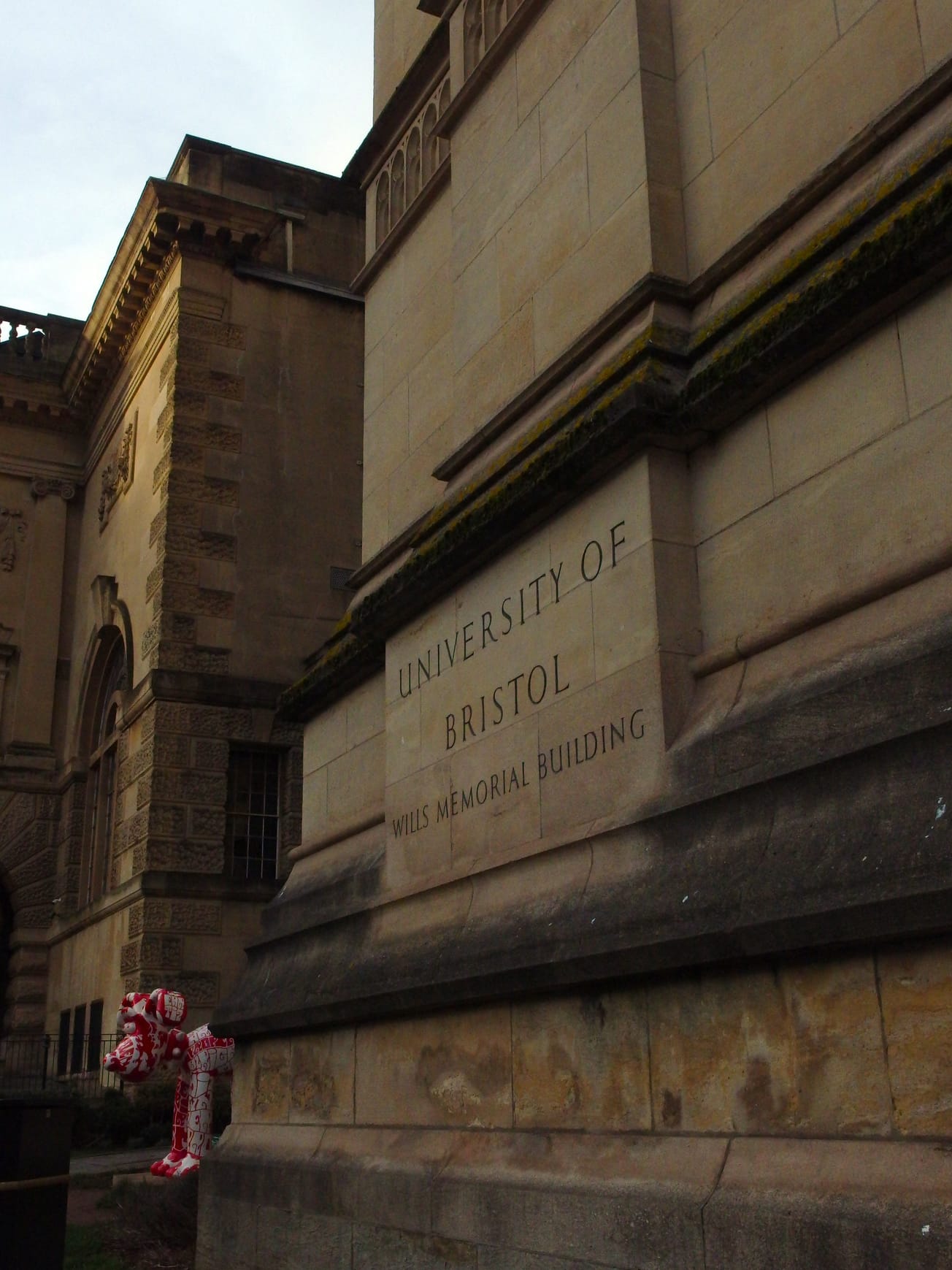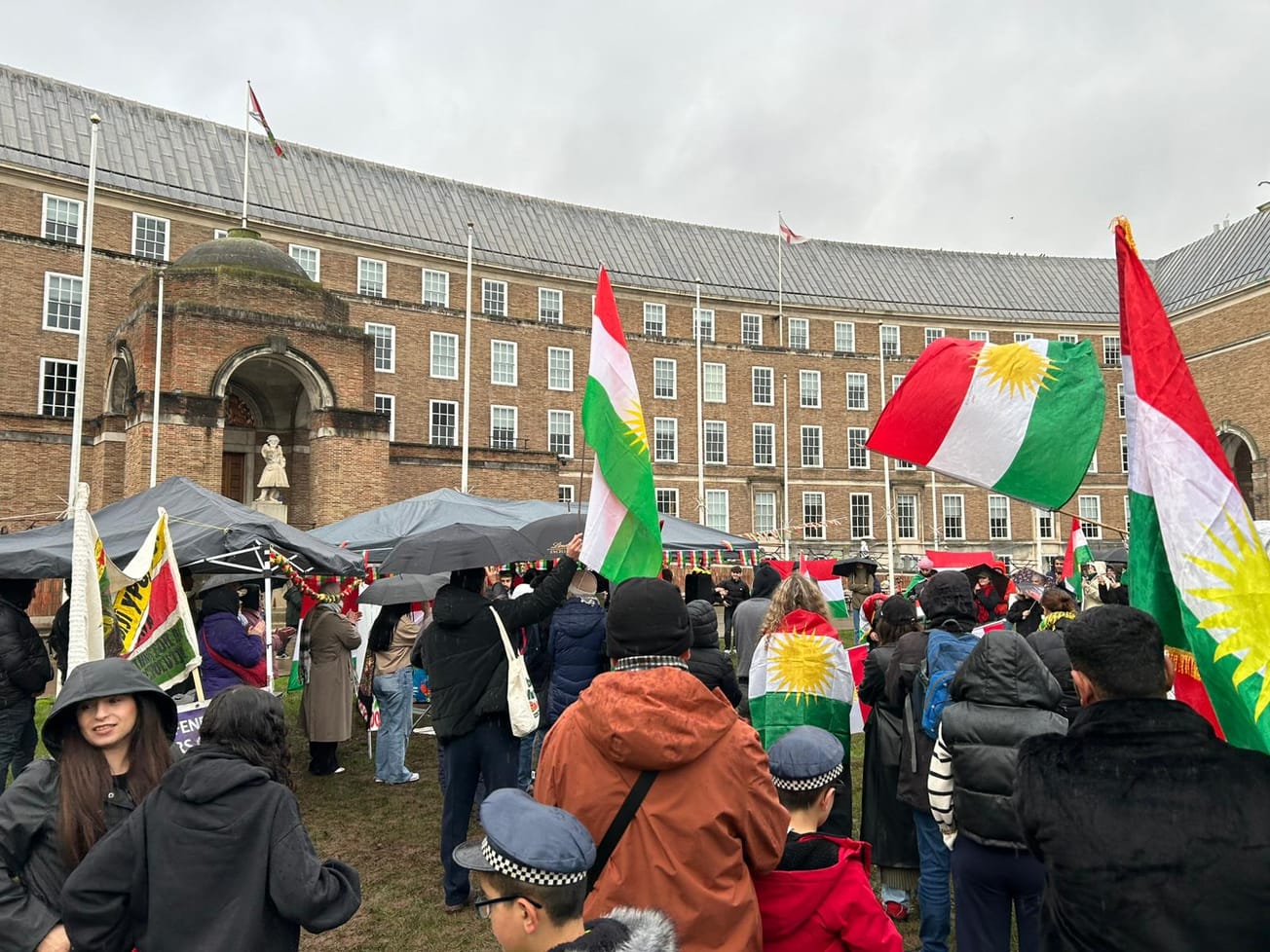By Billy Stockwell, Climate Correspondent
The Cabot Institute Innovation Fund, an annual scheme run by the University of Bristol to support research around environmental themes, has announced its winners for 2020/21.
Among the winning projects, which focused on a range of subjects, from food emissions to nuclear hazards, sustainable music-making to fungicide use, is a research theme at the fore of current environmental conversation: inclusivity.
One recipient of the prize funding is a project that will investigate how inclusive current decision-making is within the city by collecting data from various climate policy makers.
Very excited to have been awarded one of the Cabot Institute Innovation Grants this year!
— Dr Alix Dietzel (@alixdietzel) November 9, 2020
Alice Venn and I will be exploring sub-state climate change action in Bristol.
All of the projects look so interesting! https://t.co/mt0lww9GGC@cabotinstitute #manymindsonemission
Civil society groups, such as Fossil Free Bristol and Black and Green, will come together with both public and private sector bodies to take part in the study, which is being led by Dr Alix Dietzel from the University of Bristol, with the findings being made publicly available next year to guide Bristol's journey to net-zero carbon emissions.
The researchers have been awarded £2589 to fund the project, which aims to ‘lift the voices of the most vulnerable within society, ensuring a just transition to a carbon neutral and climate resilient city.’
Recent research from the University of Bristol adds evidence to the assertion that equity and inclusivity must be central to all climate policy making.
It found that tackling the climate crisis in an inclusive way is vital to prevent the further widening of social inequalities.
The co-authors of the paper, from the Cabot Institute for the Environment, published the findings in a briefing paper for use at the UN Climate Change Conference, COP26, next year in Glasgow.
Bristol City Council approve £4m funding to tackle carbon emissions in the city
Largest wind turbine in England to be built in Bristol
Identified as a ‘blind spot’ in the current conversation around decarbonisation, the paper stresses that the impacts of climate change will be experienced differently depending on ethnicity, gender and class, amongst other factors.
It also suggests that developing countries around the world will need support to reduce their carbon emissions.
Dr Ed Atkins, co-author of the paper and lecturer in Geographical Sciences, suggests the climate crisis will not just expose, but worsen, current inequalities in society.
He said: ‘To be successful, any vision of a sustainable future must learn this lesson and ensure that decarbonisation strategies are both environmentally good and socially inclusive and just.’
The news comes at the significant time of the year, with today marking the second anniversary of Bristol City Council declaring a climate emergency.
Featured Image: University of Bristol / Lucy O'Neill
Do you think the climate crisis is being tackled in an inclusive way?









